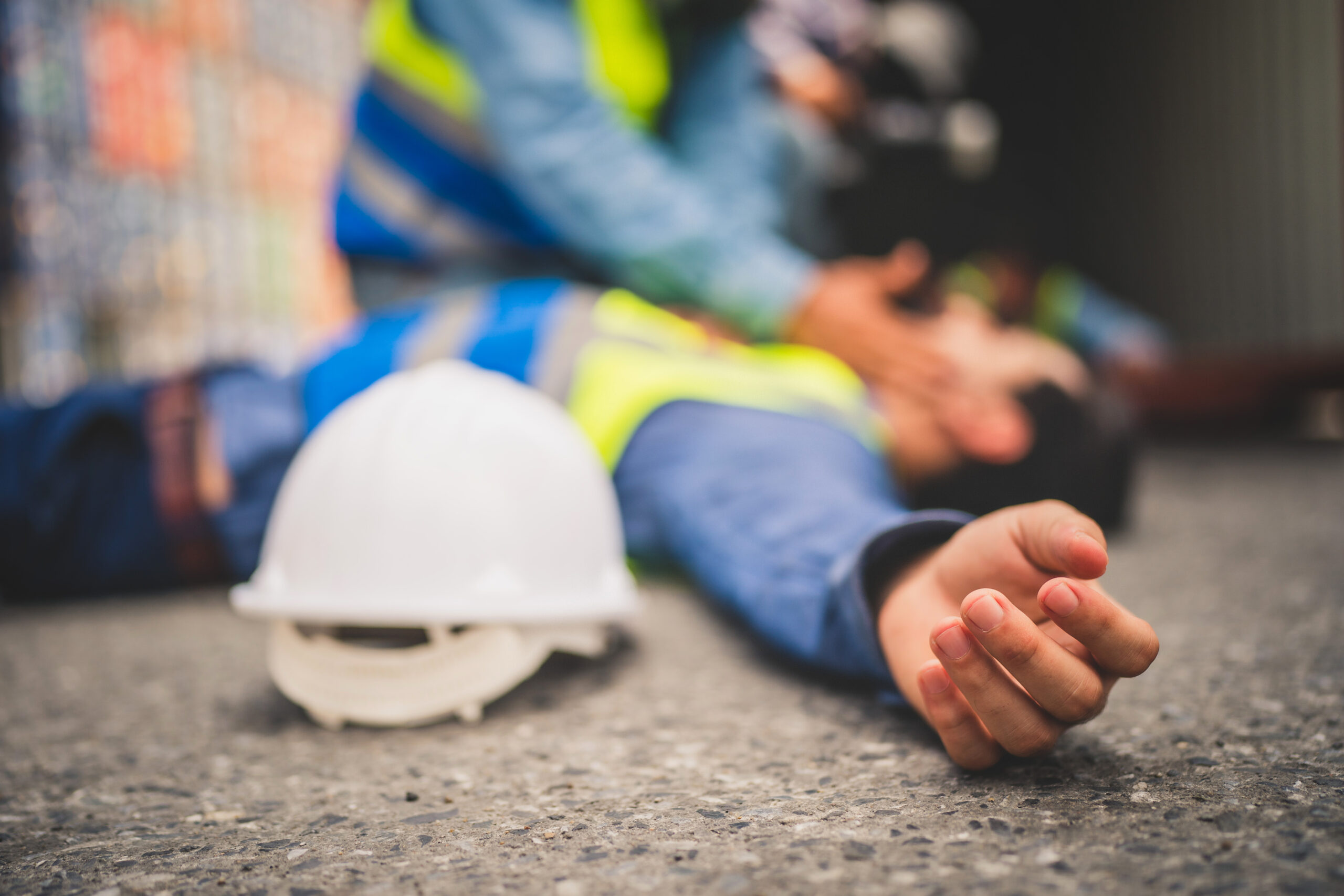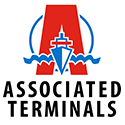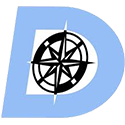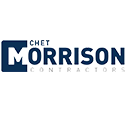Longshore and Harbor Workers Compensation Act Lawyers
Over $1 Billion Recovered for Maritime Accident Victims. We are proud to have a reputation for aggressively fighting for the rights of injured workers.
New Orleans LHWCA Lawyers – Help for Injured Dock & Harbor Workers
Working in Louisiana’s busy ports, shipyards, and terminals is tough work, but it keeps things moving. It also comes with serious risks. If you’re a longshoreman, dockworker, shipbuilder, repairman, or harbor construction worker hurt on the job near the water, regular state workers’ comp or the Jones Act (for boat crews) usually doesn’t apply. Instead, you’re likely covered by a special federal law: the Longshore and Harbor Workers’ Compensation Act (LHWCA).
Getting the benefits you deserve under LHWCA can be complicated. The rules are different, and the process can be confusing. Lambert Zainey is a top New Orleans maritime law firm that knows LHWCA inside and out. We’ve helped countless injured harbor workers get the full medical care and lost pay they’re entitled to. We fight for your rights.
Hurt on the Dock, Shipyard, or Harbor? Know Your LHWCA Rights.
On This Page
What is LHWCA? Federal Help for Injured Harbor Workers
The Longshore and Harbor Workers’ Compensation Act (LHWCA) is a federal law designed to help specific maritime workers (but not boat crews covered by the Jones Act) who get hurt on the job near navigable water. Think of it like a federal workers’ comp program just for this type of work.
Here’s the important stuff:
Does LHWCA Cover You? (Your Job & Where You Got Hurt)
To get LHWCA benefits, you usually need to pass two tests: one about your job, and one about where you got hurt.
What Kind of Work Qualifies? (Status Test)
Your job generally needs to involve “maritime employment.” This usually includes workers who:
Where Do You Have to Be Working? (Situs Test)
Your injury needs to happen on, near, or next to navigable waters (waterways used for business). This includes places like:
Offshore Platform Note: Sometimes, workers on fixed offshore platforms are covered by LHWCA through another law called OCSLA.
Figuring out if you’re covered can be tricky. Our top New Orleans maritime injury lawyers can help determine if LHWCA applies to you.
LHWCA Benefits: What You Can Get
If your LHWCA claim is approved, you could receive:
Medical Treatment Paid For:
Pays for reasonable and necessary medical care for your injury. This includes doctor visits, hospital stays, surgery, medicine, physical therapy, and needed equipment. You usually get to pick your own doctor after the first visit (but you need to follow certain steps).
Money for Lost Wages (Disability Pay):
Payments if you can’t work because of the injury. There are different types depending on how bad it is and how long it lasts (Temporary Total, Temporary Partial, Permanent Total, Permanent Partial).
Help for Families If a Worker Dies:
If a work injury causes death, the worker’s spouse and kids may get benefits based on the worker’s pay. Funeral costs may also be partly covered.
Over $1 Billion Recovered for Maritime Accident Victims
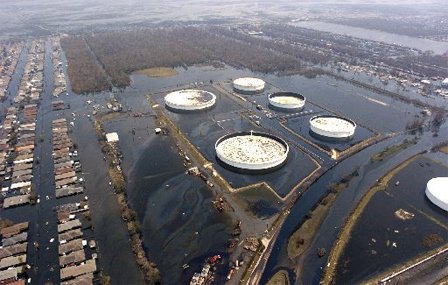
Oil storage tank rupture at the Murphy Oil USA refinery in Chalmette, LA. The fastest class certification and resolution of a case of its type and magnitude to date.

Arco cryogenic platform explosion caused by improper cold cut of Southern Natural Gas pipeline. Settlement for the injured and deceased in approximately twelve months.
LHWCA vs. Jones Act vs. State Workers’ Comp: What’s Different?
Knowing which law applies is important:
|
Question |
LHWCA (Dock/Shipyard Workers, etc.) |
Jones Act (Boat Crews/Seamen) |
State Workers’ Comp (Most Land Jobs) |
|
Who’s Covered? |
Longshore, Dock, Shipyard, Harbor Workers |
Crew Members on Vessels (“Seamen”) |
Most Workers on Land |
|
Need to Prove Fault? |
Generally No (for LHWCA benefits) |
Yes (Employer Negligence) |
Generally No |
|
What Can You Get? |
Medical, Lost Wages (Set amounts) |
Medical, Wages, Pain & Suffering, etc. |
Medical, Lost Wages (Set amounts) |
|
Can You Sue Employer? |
Generally No (for LHWCA benefits) |
Yes |
Generally No |
|
Who Runs It? |
U.S. Dept. of Labor |
Courts |
State Agency (LA Workforce Comm.) |
What You MUST Do After an Injury (Your Rights & Duties)
If you get hurt and might be covered by LHWCA, you have rights, but you also must do certain things:
Missing these deadlines can mean you get NOTHING. Talking to an LHWCA lawyer quickly is very important.
Can You Sue Someone Else? (Third-Party Claims)
This is important: While LHWCA usually stops you from suing your own employer for carelessness, it does NOT stop you from suing someone else (a “third party”) whose carelessness helped cause your injury. A third party could be:
If you win a lawsuit against a third party, you can get money on top of your LHWCA benefits. This lawsuit can include money for pain and suffering, which LHWCA benefits don’t cover. Finding out if you have a third-party case takes experienced lawyers. Lambert Zainey always looks for these possibilities.
Why Pick Lambert Zainey for Your New Orleans LHWCA Claim?
Handling LHWCA claims right takes maritime attorneys who really know this specific federal laws:
Common Questions About LHWCA
If you’re injured while working on or near the water, the LHWCA may help cover your medical care and lost wages. This section answers common questions to help you understand your rights and how to protect your claim.
What Our Clients’ Say About Us
NATIONALLY RECOGNIZED ATTORNEYS
CONTACT US
Our experienced attorneys are here to guide you through every step of the process, from initial consultation to settlement or trial.
Free Case Review
Fill out the form below to contact Lambert Zainey and schedule a free, confidential consultation and discuss your case with an experienced attorney.

